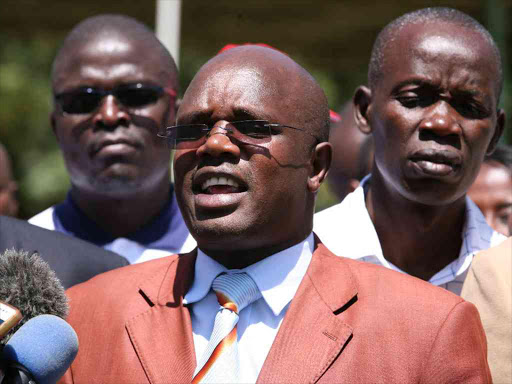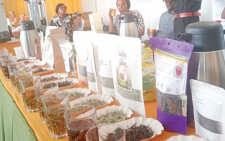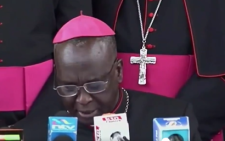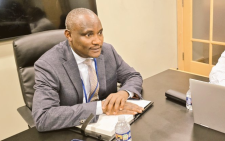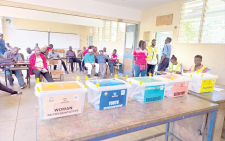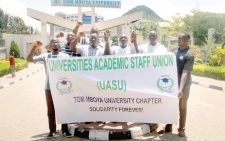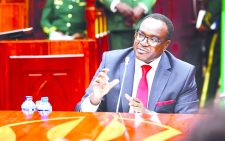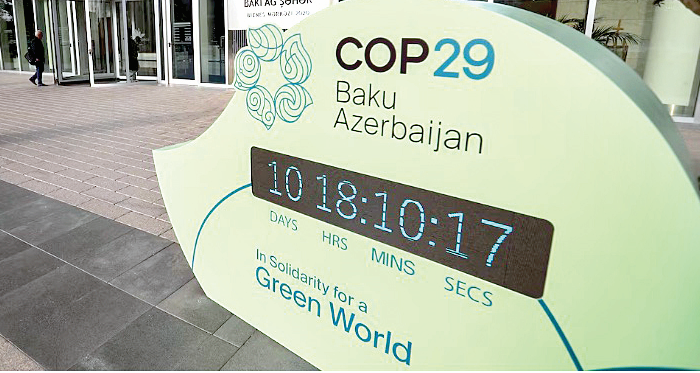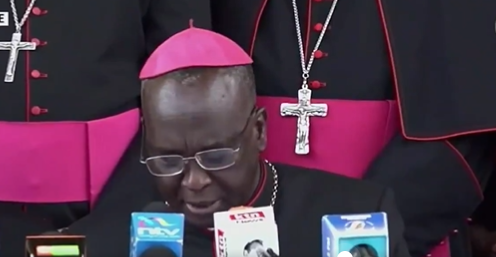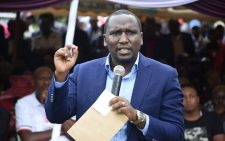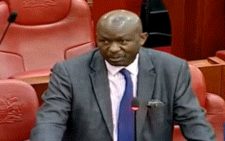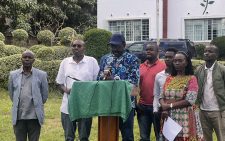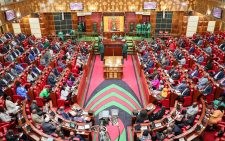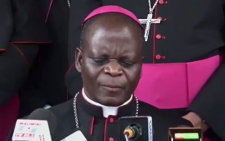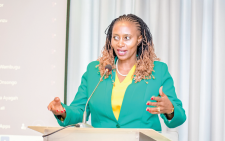The planned resumption of learning at the University of Nairobi suffered a setback after lecturers from the College of Health Science called a strike demanding clinical allowances.
The strike came as several universities gradually started to resume on-campus learning following the reduction of Covid-19 infections in the country.
The Universities’ Academic Staff Union (UASU) , which called the strike at the UoN College of health, Sciences warned that its members would only return to work once the allowance was reinstated.
Secretary General Constantine Wasonga warned that the failure by the UoN to reinstate the allowances would have serious ramifications on medical doctors, pharmacists and nurses who are set to graduate later this year.
“The objective of this strike is clear. Academic staff demand immediate reinstatement of clinical allowances, and a framework that ensures that in future, payments will not be subject to whims of management.
Academic staff condemn unilateral withdrawal of payment by UoN in complete disregard of employment and labour laws,” uttered Wasonga.
He said the National Treasury disbursed funding required for the allowances in July to the UoN account and as such no additional funding is required.
Wasonga said academic staff in other Kenyan universities continue to receive the allowances as opposed to their counterparts at the UoN.
“Henceforth, there will be no lectures, no clinical teaching, no supervision, no clinical work and no examinations whatsoever during the strike period.
We stand together in solidarity and we will not be cowed by threats or intimidations…
We empathize with our students, and the patients who may not be properly attended to during the strike period,” Wasonga warned.
As of yesterday morning, pending allowances had not been paid to majority of academic staff while some of them had received reduced allowances. The few who had received the full allowances were not certain whether they will be paid next time.
Wasonga said the union is concerned about what they termed as divide and rule tactics employed by the university’s management.
“Academic staff are concerned that the leadership of UoN, may be acutely unaware of the history of the CHS and its role in the health care.
We have been open to social dialogue, and we still invite the university management to engage directly with us as academic staff at the CHS,” he said.
He however said academic staff at CHS are ready to discuss any emerging issues that affect the college and are ready to resolve them through constructive dialogue.
“Due to unresponsiveness of university management and failure to pay the Clinical Allowances, we, the academic staff, launch this strike to fight for our dignity,” he said.
The Ministry of Education has allowed progressive reopening of learning institutions, which began with final years in universities and tertiary institutions earlier in the week.
So far only medical students at UoN have resumed on-campus training and the institution is considering students with practical sessions before they can invite the rest.
However, the UoN Senate is expected to meet next week after which a schedule for reopening for other schools will be released.
At Moi University, the Senate approved the resumption of teaching and learning for final year students in schools of Engineering, Education, Science and Aerospace studies, Arts and Social Sciences, Agriculture and Natural Resources, Business and Economics, Tourism, Hospitality and Events Management, Law and Information Sciences students last Monday.

